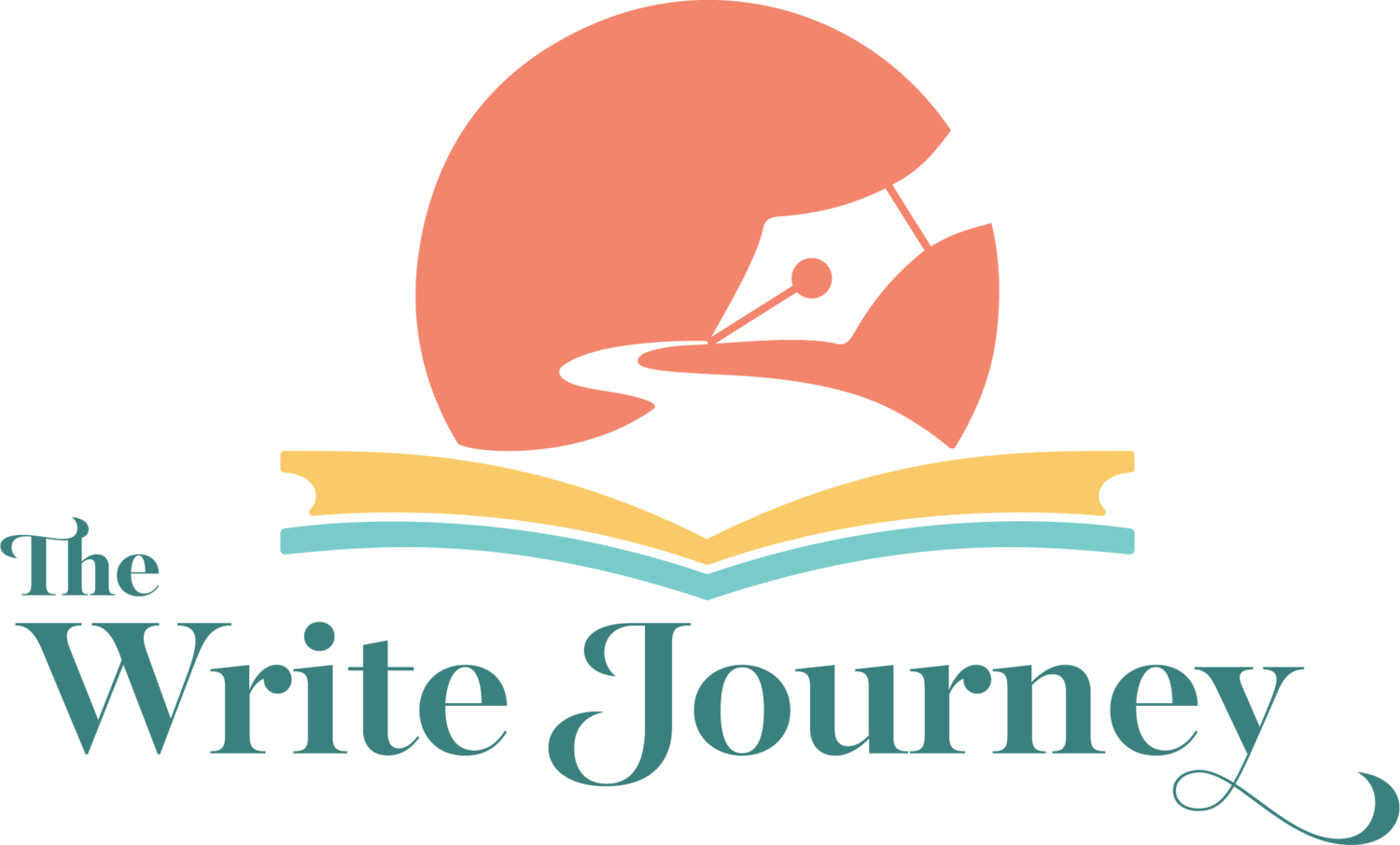Spring classes registration is open in early November!
If you plan to enroll your student in spring semester classes, you will find the novel info here, and there is a link to take you to the class schedule. Whether you want your child in a reading & writing class, or a Writing Foundations course, the website lists all of the days and times.
Click here for more info (article link)
Reading & Writing Class Details:
Primary Level:
1/2 Grade Reading & Writing Novel(s):
The Courage of Sarah Noble and by Alice Dalgliesh
Elementary Level:
3/4 Grade Reading & Writing
The Bears of Hemlock Mountain
Ben and Me: An Astonishing Life of Benjamin Franklin by His Good Mouse Amos
by Robert Lawson
5/6 Grade Reading & Writing
Amos Fortune: Free Man
By Elizabeth Yates
Intermediate Level:
7/8 Grade Reading & Writing
Carry on, Mr. Bowditch by Jean Lee Latham
Advanced Level:
HS Reading & Essay Writing
Various Short Stories (Early American history) by American Authors
Including The Autobiography of Benjamin Franklin
College Prep Reading & Essay Writing
The Scarlet Letter By Nathaniel Hawthorne
AND
The Autobiography of Benjamin Franklin
Writing Only Courses:
If your child has not had formal writing instruction from our instructors, this course is the starting place for your student. The courses are arranged according to the Learning Level and age range of the student. Please contact the office if you have questions. 916-696-1759
Elementary:
Writing Foundations 13- Elementary Level- Tuesdays 9:30-10:30 am pst/12:30-2:30 pm est
Intermediate:
Writing Foundations 13- Intermediate Level- Tuesdays 9:30-10:30 am pst/12:30-2:30 pm est
Advanced:
Formal Academic Essay Writing- Wednesdays 9:30-11:00 am pst/ 12:30-2:00 pm est




